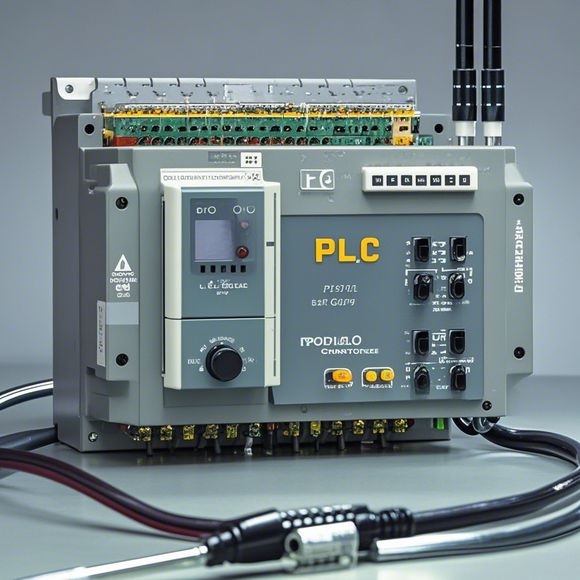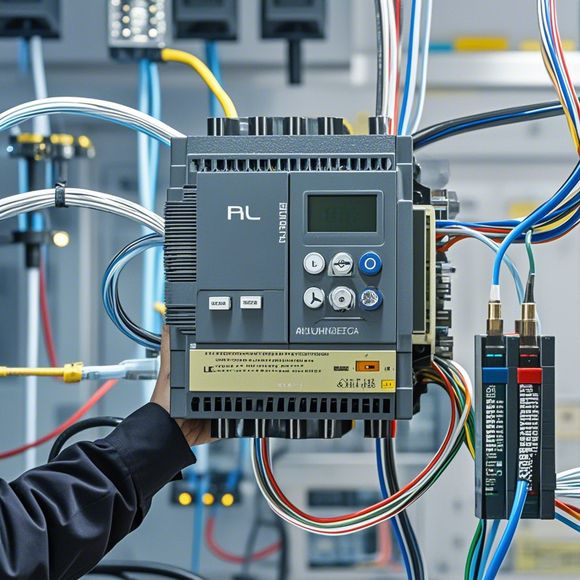What is a PLC Controller?
A PLC (Programmable Logic Controller) is a device that can be programmed to perform a variety of tasks. It's used in industrial settings, where it can control machines and systems based on pre-set instructions. It's like having a mini computer that can handle complex calculations and make decisions based on data input.
In today's world of automation and industrial control, the concept of Programmable Logic Controller (PLC) controllers has become increasingly important. These controllers are designed to manage and control various industrial processes, from simple manufacturing lines to complex systems that involve multiple sensors and actuators. So, what exactly is a PLC controller, and how does it work?
A PLC controller is a type of programmable logic controller that is used in industrial settings to automate and control various processes. It is a device that can be programmed to perform specific tasks based on predefined instructions or algorithms. Unlike traditional mechanical switches or relays, PLC controllers use electronic circuitry and software to make decisions about when to activate certain components in the system.

The basic components of a PLC controller include the CPU (Central Processing Unit), memory, input/output ports, and communication interfaces. The CPU is responsible for processing the instructions and data received from the user or other devices, while the memory stores the program code that is executed by the CPU. The input/output ports allow for the connection of various sensors, actuators, and other devices, while the communication interfaces enable communication with other devices or systems within the same network.
One of the key features of a PLC controller is its ability to learn and adapt to changing conditions. This is achieved through a combination of feedback loops and predictive algorithms that analyze data from sensors and actuators and adjust the controller's output accordingly. For example, if a temperature sensor detects a sudden increase in temperature, the PLC controller may automatically shut down an oven or other heat-generating device to prevent damage or safety hazards.

Another important aspect of PLC controllers is their flexibility and scalability. They can be customized to meet the specific needs of any industrial process, whether it involves just one machine or a large factory floor. Additionally, PLC controllers can be easily upgraded or replaced as needed, making them an ideal solution for modern manufacturing and automation needs.
In summary, a PLC controller is a powerful tool for managing and controlling industrial processes. With its ability to learn and adapt, flexibility, and scalability, it is becoming an essential component of many modern manufacturing operations. Whether you're looking to automate a small workshop or run a large factory, a PLC controller can help you achieve your goals and improve efficiency and productivity.

Content expansion reading:
Articles related to the knowledge points of this article:
PLC Controller Wiring Guideline
The cost of a PLC Controller: A Comprehensive Analysis
How to Use a PLC Controller for Your Business
The Role of Programmable Logic Controllers (PLCs) in Foreign Trade Operations
Connecting a PLC Controller to Your Computer
PLC Controllers: A Comprehensive Guide to Understanding Their Prices